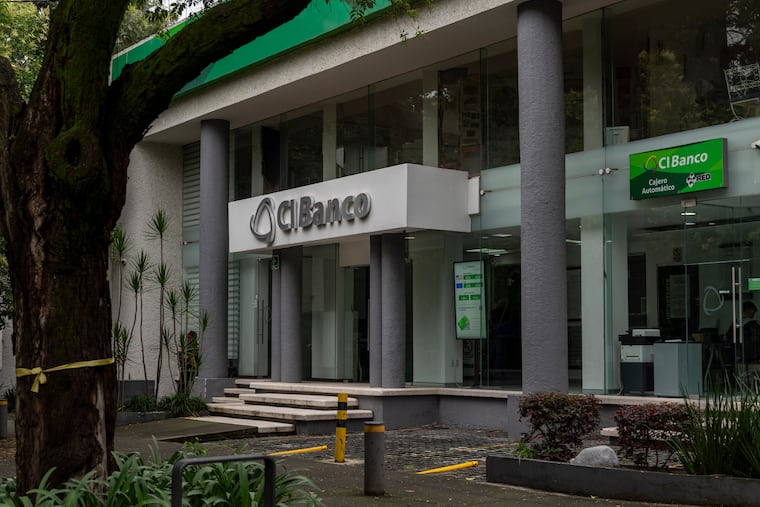U.S. finance ban now in effect, significantly impacting Mexican companies.
In a landmark initiative, the U.S. Treasury Department has enacted an unprecedented order that targets three Mexican financial institutions for their alleged involvement in laundering funds for drug cartels. Set to take effect this Monday, the order has already generated significant ripple effects throughout Mexico’s banking sector.
The institutions in question—CIBanco SA, Intercam Banco SA, and Vector Casa de Bolsa SA—are experiencing major disruptions as they are effectively disbanded and their operations sold off in parts. In the wake of these developments, a substantial number of their clients, especially those engaged in foreign exchange activities, are migrating to other banks and financial service providers.
The broader Mexican banking community is responding with heightened vigilance. Financial institutions are proactively severing ties with potentially problematic clients, bolstering their internal compliance measures, and increasing communication with regulatory bodies both in Mexico and the United States. This concerted effort reflects an acute awareness of the potential consequences of being implicated in any activities aligned with the U.S. government’s crackdown on drug trafficking.
U.S. authorities have clearly articulated a zero-tolerance stance regarding entities that facilitate the laundering of drug-related proceeds, particularly in the context of the ongoing fentanyl crisis in the U.S. This recent ban marks the inaugural use of powers granted to the Treasury’s Financial Crimes Enforcement Network (FinCEN) under the Fend Off Fentanyl Act of the previous year. For the U.S. Treasury officials, this move serves as a signal to banks that they must operate under stringent scrutiny to avoid similar punitive measures.
Notably, Kapital Bank is in the process of acquiring a significant portion of Intercam’s operations, while Vector Casa de Bolsa SA has begun reallocating assets and clients to Casa de Bolsa Finamex SAB. CIBanco has already had its banking license revoked, with BanCoppel, a subsidiary of Grupo Coppel, stepping in to purchase its auto loan portfolio. Banco Multiva SA is also poised to take over CIBanco’s substantial trustee operations, which play a critical role in Mexico’s financial landscape.
While the U.S. government initially downplayed the potential fallout within Mexico’s financial system—indicating that the implicated banks accounted for less than two percent of total commercial bank assets—critics point to the significant influence of CIBanco’s trustee services on broader market stability. In response to the announcement, Mexican real estate trusts and U.S. private equity firms have been urged to swiftly transition trustees for their investment vehicles to mitigate the risk posed by the U.S. designation.
This move against Mexican banks aligns with a broader strategy from the U.S. administration aimed at the comprehensive dismantling of drug cartels, employing unconventional methods of enforcement that have included military actions targeting alleged drug-trafficking boats. Despite the gravity of these sanctions, Mexican President Claudia Sheinbaum has asserted that U.S. authorities have yet to provide substantial evidence linking the firms to drug trafficking, maintaining that local regulators found only administrative irregularities rather than direct ties to money laundering.
In light of this intensified scrutiny, banks across Mexico and globally are enhancing their diligence in monitoring transactions, particularly those involving Chinese companies associated with the supply chain for precursor chemicals used in illegal drug production.
As the fallout from the U.S. Treasury’s unprecedented action continues to unfold, the long-term implications for Mexico’s banking system and its regulatory environment remain to be seen.
This development illustrates the complexities at the intersection of finance, law enforcement, and international relations in the ongoing fight against drug-related crime.
Media News Source.







